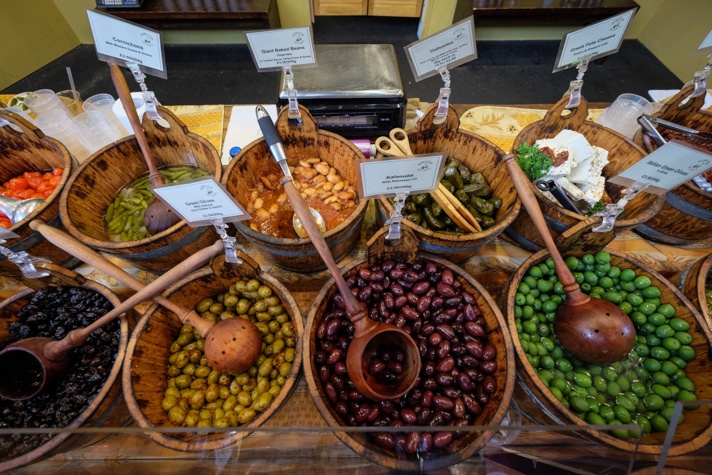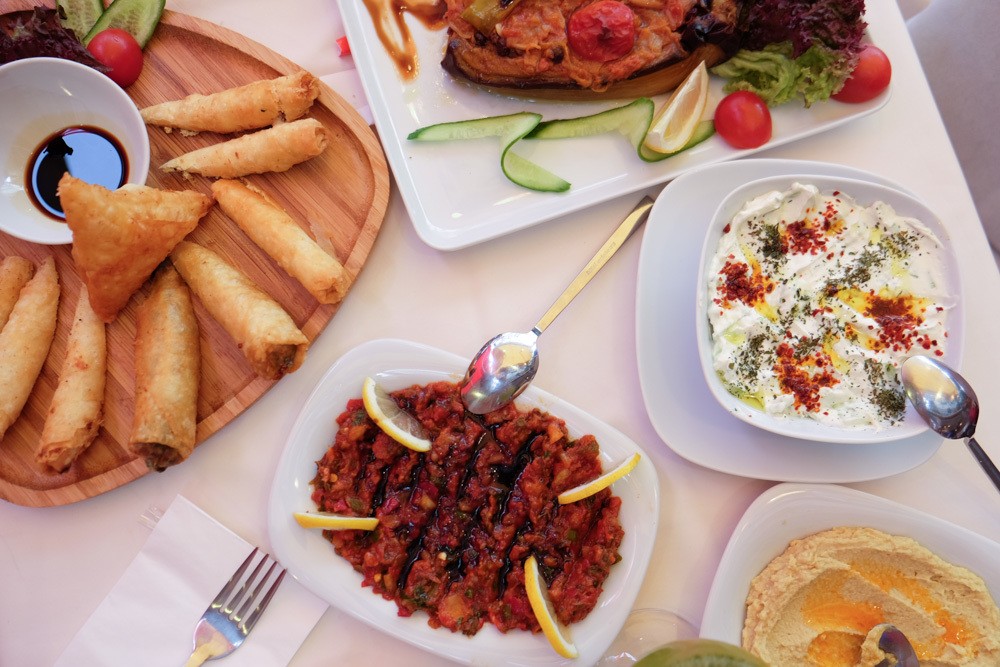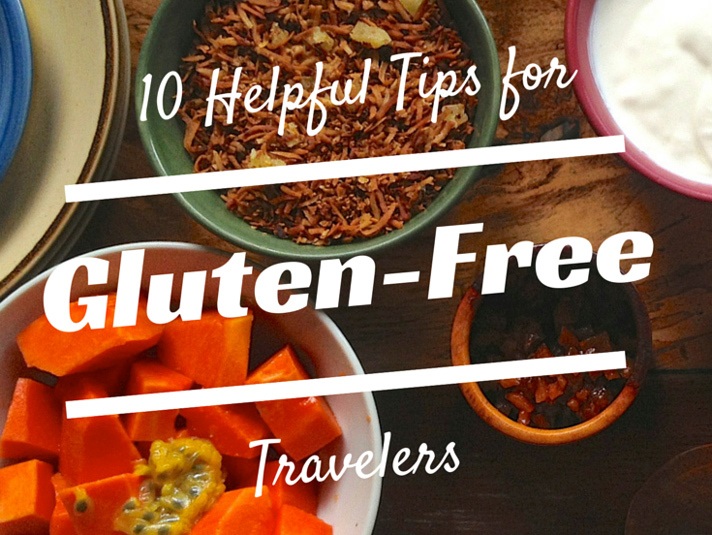
Maintaining a vegetarian diet while traveling can have its challenges. Not all destinations are veggie-friendly and there’s nothing healthy about avoiding meat by filling up on bread and potatoes.
I’ve been an herbivore for 7 years now and have found some great hacks for maintaining a healthy vegetarian diet while traveling. While I also eat seafood when it’s wild caught and is both local and sustainable, this article will focus on tips for surviving world travel without eating meat.
These 10 helpful travel tips for vegetarians will help you stay happy and healthy abroad!
1. Snacking
Snack right and snack properly because you are going to be tempted by sweets and unhealthy treats at some point of your travels. While it’s totally acceptable and encouraged to indulge in small bites of local sweets, the sugar rush can also cause an energy crash. Packing dried fruit and nuts (especially almonds and walnuts) in your day pack will give you longer lasting energy and protein so you can spend all day exploring.
2. Plan Ahead
Plan in advance and look up food market locations near your accommodation in the destinations you’re traveling. It’s always good to have fresh fruit and veggies mapped out in case you find that you’re filling up on bread and unhealthy food. It’s always good to have a backup plan in case your dining options are limited.
3. Nutritious Recipes
Have some recipes for meals jam packed with nutrients in the back of your mind. Even simple meals like quinoa dishes or soups where you can stock up on vegetables in a flavorsome way are great for staying healthy. These kinds of meals are easy to prepare if you have a kitchen available to you and can be a nice break from dining out.
4. Cultural Cuisine
Know your cultural cuisine. International restaurants with Indian, Middle Eastern and Mediterranean food will typically always have some healthy vegetarian options. For example, when I was in Cusco, Peru, I was feeling bloated from too much corn and bread, and was able to find a delicious vegetarian Indian restaurant right near city center.
5. A Meal a Day
Budget well and save money while eating healthy by making one meal on your own each day. This will take the stress off having to worry about finding vegetarian food on the go. Stock up at a local market with fresh and healthy fruit and vegetables and make breakfast or a packed lunch that’s just right for your dietary needs.
6. Raw Vegetables
Eat raw vegetables to maximize the amount of nutrition you get out of them. Heating food destroys nutrients and natural enzymes that we need in our diets for healthy digestion. The fiber you get from raw vegetables helps with regularity and will keep your from feeling bloated.
7. Learn Key Phrases in the Local Language
Learn some local lingo so you can ask basic questions about meals when traveling in countries where you don’t speak the language. This way, you know how to say “I’m vegetarian” or “no meat please.” You’ll likely get extra kudos for trying to say it in their language.
8. Explaining Your Diet
Keep in mind, vegetarianism can be a bizarre concept in some cultures. Along the way, you might find some people think that “no meat” still includes chicken. To avoid confusion, it’s usually best to state that you don’t eat meat or chicken instead of simply saying “no meat.”
9. Local Markets
Never pass up local markets or street food stalls as you’re bound to find unexpectedly great vegetarian food in places you’d least expect it! Chances are the food is fresh and local. From street vendors, I’ve found BBQ corn on the cob in Croatia, fresh fruit smoothies in Bolivia and big and sweet blackberries in Vienna, to name a few!
10. Side Dishes
Start to look at side dishes that come with meals in a whole new light. Most meat dishes at restaurants come with delicious salads and roasted vegetables. If you’re traveling with a meat-eating buddy, go halvsies on a meal and ask for large servings of the sides. This saves money, encourages sharing, and stops food waste if one of you gets full.
Food and eating can be a huge part of the traveling experience. There might even be a point where, to immerse yourself in the local culture, you want to sample a bit of a dish with meat.
I encourage all travelers to try the local cuisine where they’re traveling out of respect (and curiosity) so long as it’s not going to cause any health issues- such as an allergic reaction. I’ve tried crocodile, camel and even a witchetty grub in my travels. Did I like it? No. Will my diet still mostly consist of fruits, grains and vegetables. Yes.
I’ve learned what food works for my body and what I like and don’t like. But, so long as it’s local, sustainable and won’t kill me, I’m always happy to try a new food experience. Your diet is a personal choice at the end of the day, so do what’s best for you and what will be most fulfilling along your travels!
Eat wisely, eat well, and make the most of each travel experience!















Traveling as a vegetarian is never easy but the vegan trend has made things easy.